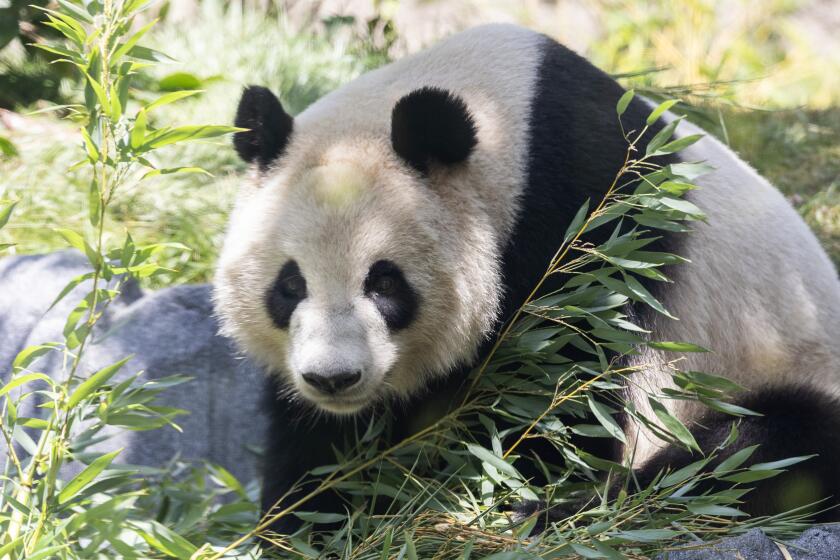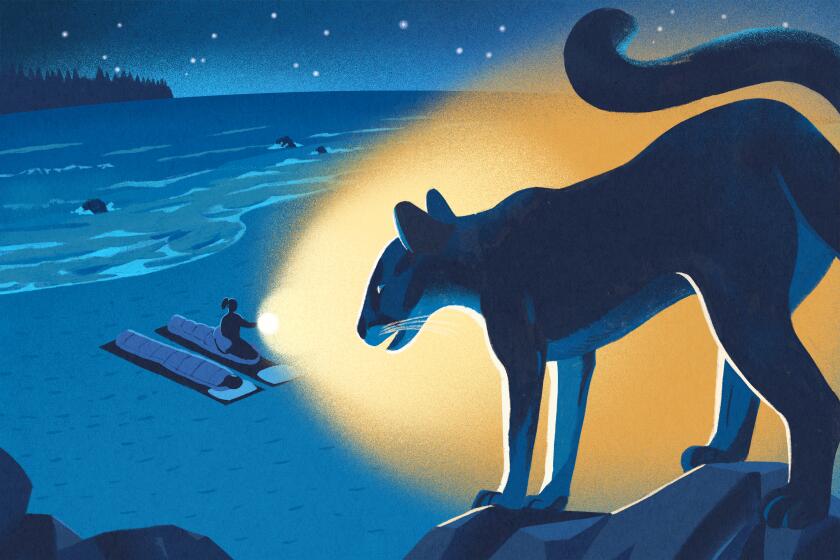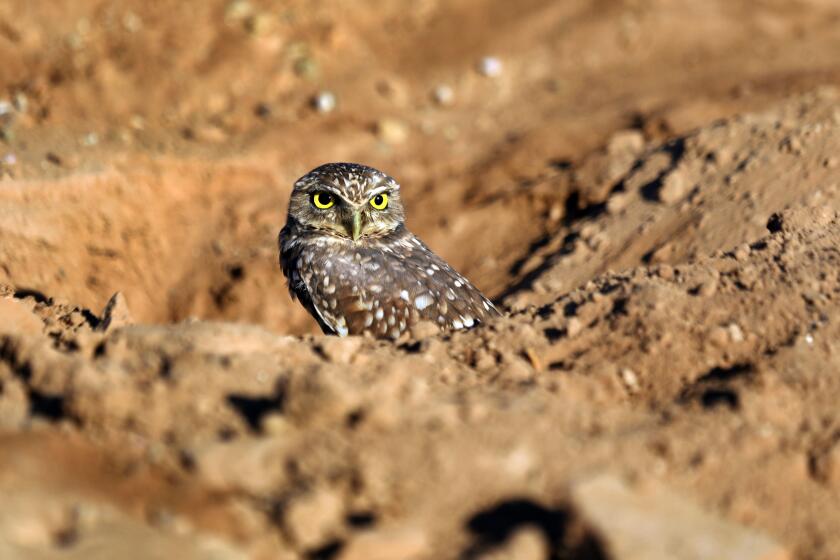Killing Old Elephants May Hurt Herd
The loss of wise old elephant matriarchs, favored targets of African poachers, wipes out important herd memory and severely cripples the efforts of elephant families to find food and raise young, a study shows.
Elephants may live more than 50 years and generally live in small family groups led by an older female. A new study shows that these family groups depend heavily upon the memory of the aged leader to make wise choices about when to ignore elephants from other herds and when to form defensive huddles against suspicious strangers.
Efficiently identifying elephants who are allies and those who might be unfriendly means that a pachyderm family has more time to search for food, rest and care for their young, say researchers in a study appearing in a recent issue of the journal Science.
Experts said the study gives important new understanding to the severe effect poaching of the largest and oldest animals in a herd can have on elephants and other endangered species. Older elephants have larger tusks of ivory, the principal target of poachers.
In the study, researchers led by Karen McComb of the University of Sussex in Brighton, England, studied 20 family groups of elephants in the Amboseli, a wildlife preserve in Kenya.
They found that a single family unit, during the course of a year, could encounter about 25 other family units and interact with about 175 female adult elephants.
Female adults are the ones most likely to start disputes or to harass young calves in another herd, the authors said. To protect against this, a family will form a defensive circle, protecting the young in the middle. Allies, however, the family will ignore. The key decision of recognizing friend or foe, said the researchers, appears to rest heavily upon the memory and social knowledge of the matriarch.
McComb and her coauthors found that herds led by older matriarchs were the most efficient at identifying female elephants who were friends and those who posed a threat.
“Older matriarchs appear considerably more adept at using auditory signals to correctly discriminate between familiar and unfamiliar females in the vicinity and respond appropriately,” the authors write in Science.
To test the responses of the elephant families, the researchers played recordings of the low rumbling sounds that elephants use in social “conversation.” When family groups heard the sounds of strangers, they tended to bunch together defensively and raise their trunks to sniff the air. But if the matriarch could identify the sounds, calling on her long memory, the herd relaxed and was at ease.
McComb and her colleagues found that, over time, the ability of the matriarch to correctly identify friend or foe and have her family respond correctly increased the number of calves the family raised. The older matriarchs did this job best, so the herds with aged leaders had more young, the researchers found.
“We believe this to be the first statistical link between social knowledge and reproductive success,” McComb told Science. “The results highlight the disproportionate effect the hunting and poaching of mature animals might have for elephant populations.”
Removing older members of a family might have a similar damaging effect on other social animals, such as whales, dolphins and chimpanzees, she said.
The study carries an important message about preserving animals in the wild, Hal Whitehead, a biologist at Dalhousie University in Halifax, Canada, told Science.
“When you poach an animal, you are not just taking one life away,” said Whitehead. “You’re taking away the influence of that animal on other animals.”
This may account for the low birthrates of sperm whales off the coasts of Peru, Chile and Japan, where as recently as 18 years ago whalers were killing the larger, older animals, said Whitehead. As a result, some whale groups “lost their social knowledge and may be less successful” elsewhere in the ocean, Whitehead said in Science.



